GEODAP - GEOarchaeology of DAily Practices: extracting bronze age lifeways from the domestic stratigraphic record
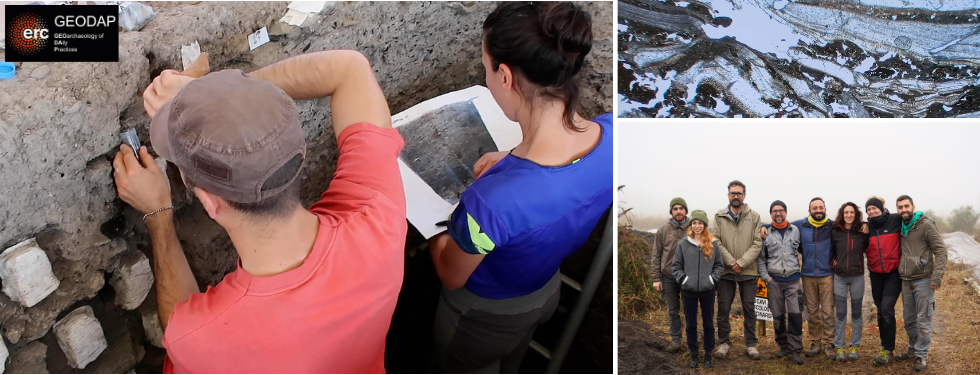
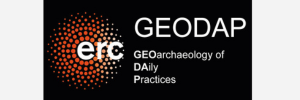
Start Date 01/10/2021 - End Date 30/09/2026
What was daily life like in the European Bronze Age? In contrast to large-scale narratives based on artefacts, often prestige items from funerary contexts, this project focuses on the practices of daily domestic life, recorded in the sediments upon which it took place. These constitute the domestic stratigraphic record. This project, therefore, shifts the scale and the object of archaeological investigation, and aims at bringing interdisciplinary scientific analyses into dialogue with anthropological understandings of lifeways and households. Its main objective is the formulation of an innovative narrative of the Bronze Age addressing social, economic, and environmental aspects of a culturally interconnected region of Europe. The daily practices and life histories of Bronze Age people will be the pixels of this new picture that challenges previous depersonalized narratives relying on material culture. The region between the Carpatho-Danubian basin, the Balkans, and northern Italy was selected due to its important cultural interactions during the Bronze Age. Ten key archaeological sites in six European countries constitute the project’s database. Its innovative interdisciplinary approach integrates geoarchaeology (microstratigraphic analysis), organic chemistry (biomarkers) and archaeo-botany (phytoliths, seeds, fruits, and charcoal) to reconstruct with unprecedented accuracy the daily practices from domestic stratigraphy. This information will be compared with the story told by material culture and integrated with local paleo-environmental records. The project, in fact, challenges also previous reconstructions that called in environmental mega-events (volcanic eruptions, glacial advances, aridity events) to aprioristically explain broad cultural phenomena of the Bronze Age. Their inherent complexity can only be faced by crystallizing detailed micro-histories and site-specific environmental reconstructions into a broader synthesis based on hard scientific data.
Leggi gli approfondimenti
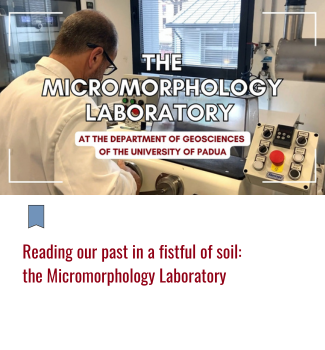 | 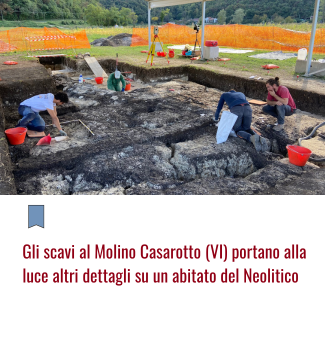 | 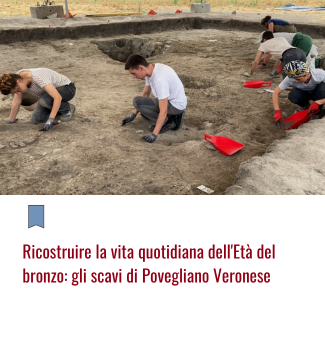 |
The project GEODAP has received funding from the European Research Grant (established by European Commission) Consolidator (grant agreement no. 101001839)





